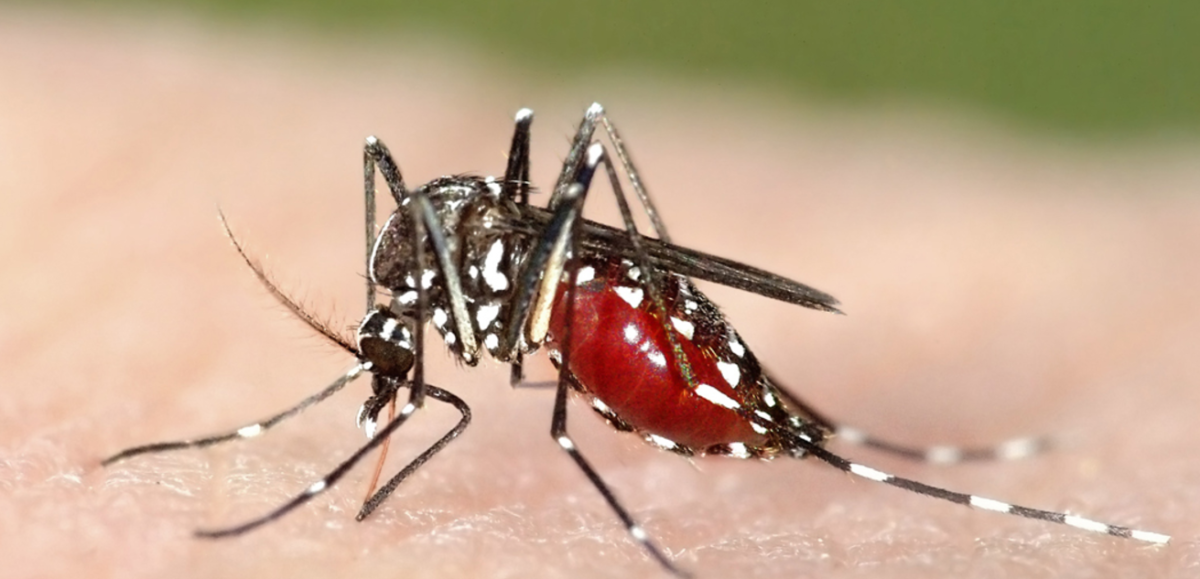Why Mosquito Control Is Essential in Toronto’s Urban Environment

Mosquitoes are more than just a minor annoyance during summer—they pose a significant threat to public health, the environment, and overall quality of life. In a bustling urban environment like Toronto, where natural landscapes meet dense human habitation, mosquito control in Toronto is not only a practical necessity but also a public health priority.
Toronto’s unique geography, with its abundant waterways, lush parks, and urban sprawl, creates a perfect breeding ground for mosquitoes. Without proper mosquito control measures, their unchecked population can lead to health risks, disrupt daily activities, and even impact the local economy. This article delves into why mosquito control is critical in Toronto’s urban setting and explores ways to address this pervasive issue.
Understanding the Mosquito Problem in Toronto
Toronto’s humid summers and abundant sources of standing water, such as storm drains, ponds, and backyard containers, make it an ideal environment for mosquitoes to thrive. Factors contributing to the mosquito problem in Toronto include:
- Natural and Urban Overlap: The city’s combination of green spaces, like High Park and the Toronto Islands, and densely populated neighborhoods provide mosquitoes with ample places to breed and feed.
- Climate Conditions: Warm, humid weather accelerates mosquito breeding cycles, causing population spikes during the summer months.
- Human Activity: Construction sites, poorly maintained properties, and improper waste management often lead to the accumulation of standing water, a primary mosquito breeding ground.
These conditions not only create discomfort for residents but also pose serious health risks.
The Health Risks Associated with Mosquitoes
Mosquitoes are carriers of various diseases, even in urban areas like Toronto. Although Canada is not a hotspot for many tropical mosquito-borne illnesses, the presence of the West Nile virus is a growing concern.
- West Nile Virus: Transmitted by mosquitoes, this virus can cause flu-like symptoms, and in severe cases, lead to neurological complications or even death. Toronto Public Health monitors and reports cases annually, highlighting the importance of controlling mosquito populations.
- Potential Emerging Threats: With climate change extending warmer seasons, there is a potential for mosquitoes carrying diseases like Zika virus or dengue to migrate further north, including into Toronto.
By reducing mosquito populations through effective control measures, the city can mitigate these risks and protect public health.
Why Mosquito Control Is Essential
- Health Protection
The primary reason for mosquito control is to protect residents from mosquito-borne illnesses. Proactive measures help reduce the transmission of diseases like the West Nile virus, especially in densely populated areas. - Environmental Balance
While mosquitoes are part of the ecosystem and serve as a food source for various predators like birds and bats, an overabundance of mosquitoes can disrupt ecological balance. Effective control ensures that mosquito populations remain manageable without harming beneficial species. - Improved Urban Livability
Persistent mosquito bites can make outdoor activities, such as picnics, sports, and evening strolls, unbearable. Mosquito control enhances the quality of life by allowing residents to enjoy Toronto’s parks, trails, and waterfronts without constant harassment from these pests. - Economic Benefits
Mosquito infestations can deter tourism, outdoor events, and even local business activities. Managing mosquito populations supports Toronto’s reputation as a vibrant and livable city, ensuring that economic activities reliant on outdoor spaces remain unaffected. - Cost-Effectiveness
Preventative mosquito control measures are far less expensive than addressing the consequences of a large-scale infestation or an outbreak of mosquito-borne disease. Investing in prevention helps avoid the need for expensive medical care and reactive pest control programs.
Effective Methods of Mosquito Control in Toronto
- Eliminating Breeding Grounds
- Standing Water Removal: Mosquitoes lay their eggs in stagnant water. Removing standing water from gutters, flowerpots, and containers is one of the simplest yet most effective methods of control.
- Draining Pools and Ponds: Public authorities often target larger water bodies, ensuring they are treated or drained to prevent mosquito breeding.
- Community Mosquito Control Programs
- Targeted Spraying: Toronto Public Health conducts localized mosquito spraying in high-risk areas during peak seasons. This reduces adult mosquito populations while minimizing environmental impact.
- Larvicide Application: Public health workers treat stagnant water sources with environmentally safe larvicides that kill mosquito larvae before they can mature.
- Natural Predators
Encouraging the presence of natural mosquito predators, such as dragonflies, frogs, and bats, can provide an environmentally friendly way to manage mosquito populations. - Personal Protective Measures
Residents can protect themselves by:- Using EPA-approved mosquito repellents.
- Wearing light-colored, long-sleeved clothing.
- Installing screens on windows and doors to keep mosquitoes out.
- Public Awareness Campaigns
Educating the public about simple preventive measures, such as removing standing water and reporting mosquito hotspots, empowers communities to participate in mosquito control efforts actively.
How Residents Can Contribute
Effective mosquito control requires a collective effort. Here are some actions residents can take:
- Maintain Their Properties: Regularly inspect yards, gardens, and rooftops for any water accumulation.
- Collaborate with Neighbors: Encourage neighbors to adopt similar practices to reduce mosquito breeding in the community.
- Report Mosquito Activity: Alert local health authorities if there’s excessive mosquito activity in specific areas, ensuring timely intervention.
- Adopt Mosquito-Repellent Landscaping: Planting mosquito-repelling plants, such as citronella, lavender, or marigolds, can deter mosquitoes from settling in residential areas.
Conclusion
Mosquito control is not just about avoiding itchy bites—it’s about safeguarding public health, preserving urban livability, and maintaining ecological balance. Toronto’s unique blend of urban and natural environments requires proactive, sustainable measures to manage mosquito populations effectively.
By combining public health initiatives with community involvement, Toronto can keep its mosquito problem in check, ensuring a safer, healthier, and more enjoyable environment for everyone. Investing in mosquito control today protects not only the city’s residents but also its reputation as one of the most livable cities in the world.










